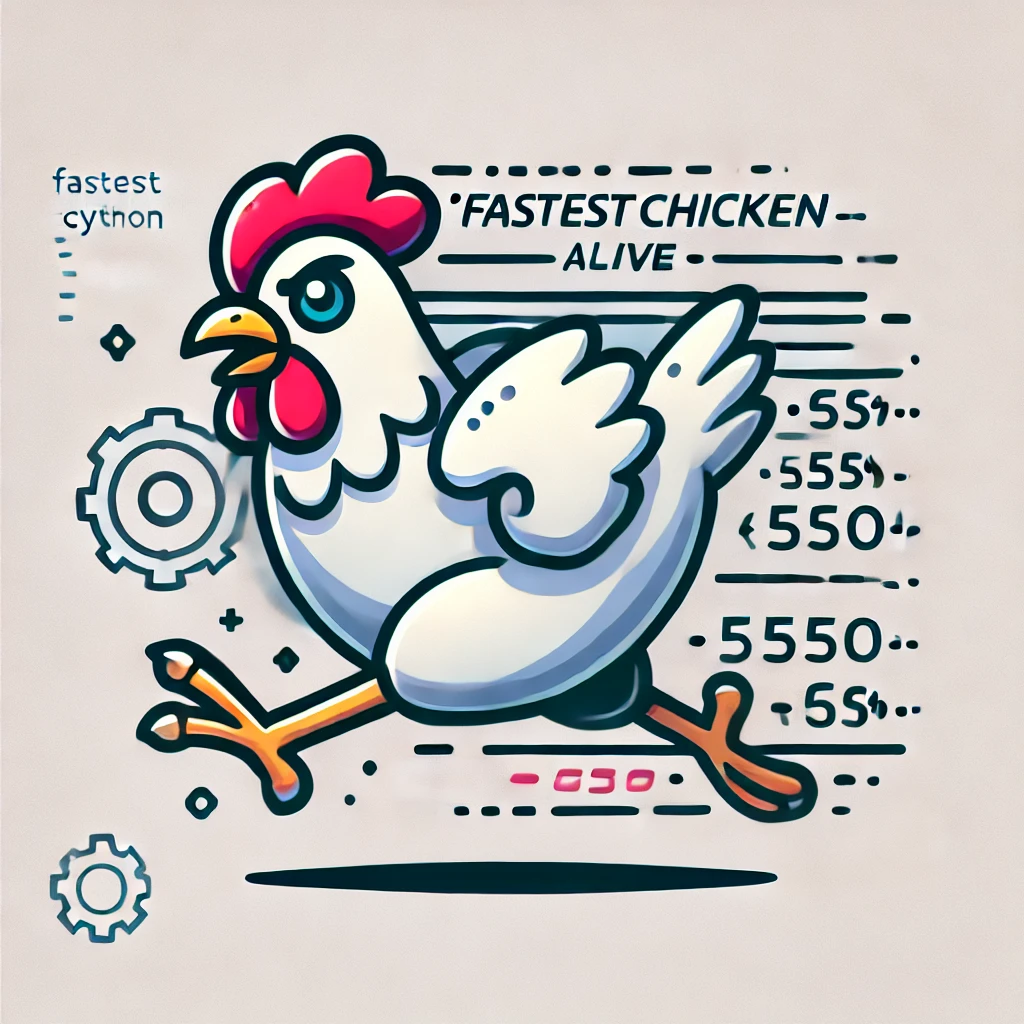· Programming · 5 min read
Cython templates
Become a wrapping master!
Table of Contents
Cython offers to write high performing (compiled) code with python and C++/C side-by-side. For a python programmer, cython can be used to replace functions with c-like functions. The cython documentation shows some clear examples on how a python program could be transformed into a statically compiled program. The docs also highlight how to provide templated code. For simple templates this is clear, but I found that some code is more difficult to template.
This short article may form as a guided tour towards binding templated code to cython.
What are templates?
Python is an interpreted language. This means that when code is run, the interpreted converts the code to byte compiled code. It goes through the code line for line and converts it “on the fly” to something the computer can understand. In contrast, C/C++ are compiled languages. Prior to execution of the program a compiler translates the code into a binary that the machine can understand. After which the binary can be executed. Due to the statically defined nature, C++ needs to deal with shared code that can act on multiple types. One way to achieve this is through function overloading; functions with the same name are written but different input (types) such that calling the function with different types will execute the correct function associated with those inputs. This, however becomes quite tedious and obsolete when considering templates.
// in C++ types need to be considered.
// Some have implicit casting from one type to another,
// In general it is better to be more exact.
int return_square(int x){
return x * x;
}
// overloading return_square with different input type
double return_square(double x){
return x * x
}In C++ template functions or classes can be considered a blueprint. This allows to share the logic for a particular function that may operate on different types such as ints, floats, doubles or some other more complicated abstract classes.
The general format of templated functions looks like
template <class T>
T return_square(T x){
return x * x;
}A general (undefined) type T is used here to write a template to the function. When using the function the type can either be inferred from the input by the compiler or explicitly set:
int main(){
int x = 3;
int y = return_square<int>(x); // returns 9
double k = 3;
auto z = return_square(k); // assigned 9.0 to double z
}Templates in Cython
In Cython, template functions work the same way as in C++ with slightly different syntax. The use of templates in Cython can be used to wrap C++ only; it is not possible to write templated code directly in cython unless you use fused types which has some limitations. I won’t go into this further in this post.
The general form of a Cython template is
# inside a pxd or pyx file
cdef from extern "return_square.h":
T return_square[T](T x)The `extern` keyword is the same as in C++/C which tells the compiler that there exists some external function that is not defined in the current source file. In this case we refer to a header file “return\_square.h” that contains our C++ template above. The general type T is defined in square brackets and forms the same function as `template
Let’s get freaky
Now the example above is sort of what is avaiable on the cython docs. Where it becomes undocumented for me was when I wanted to wrap `std::inserter` from the standard library in C++. For those of you not familiar, `std::inserter` is a wrapper for the function `std::front_inserter` which allows you to insert elements in to an iterable such as a set or a vector. From the C++ docs we read
//Defined in header <iterator>
template< class Container >
std::insert_iterator<Container> inserter( Container& c, typename Container::iterator i );Wrapping this function only takes a single template parameter `Container`, however the function takes two argument which introduces another template parameter `Container::iterator`. Initially I was hoping that Cython would somehow “know” that providing two templates variables would allow the function to be bound correctly. That is, I started with:
cdef extern from "<iterator>" namespace "std" nogil:
void insert_iterator[Container, Iter](Container &c, Iter i)this did not compile however. The compiler stated that the templated function could not be found, as the header merely states that there is only one template parameter.
Wrapping C++ classes in cython is also possible. Since there are not that many options to try, I attempted the following:
cdef extern from "<iterator>" namespace "std" nogil:
cdef cppclass insert_iterator[T]:
cppclass iterator[T]:
pass
insert_iterator(T & c, iterator[T] i)This compiled perfectly! The magic here, essentially is that I treat the function as a class that has additional properties defined. That is, I convince the compiler that the iterator exists and it is associated with the templated parameter T. The wrapping is a bit opague as it is not entirely clear what this iterator object is. Changing the name to `mega_zuba_loo` would work equally well. It is up to the programmer to provide clear indication as to what is wrapped and provide the correct inputs in the code in addition.
Summary
- Template functions and classes allow programmers to share logic in C++
- Templated code can be wrapped in cython allowing one to capitalize on the power of C/C++
- Wrapping more “complicated” functions requires some odd non-intuitive syntax.



